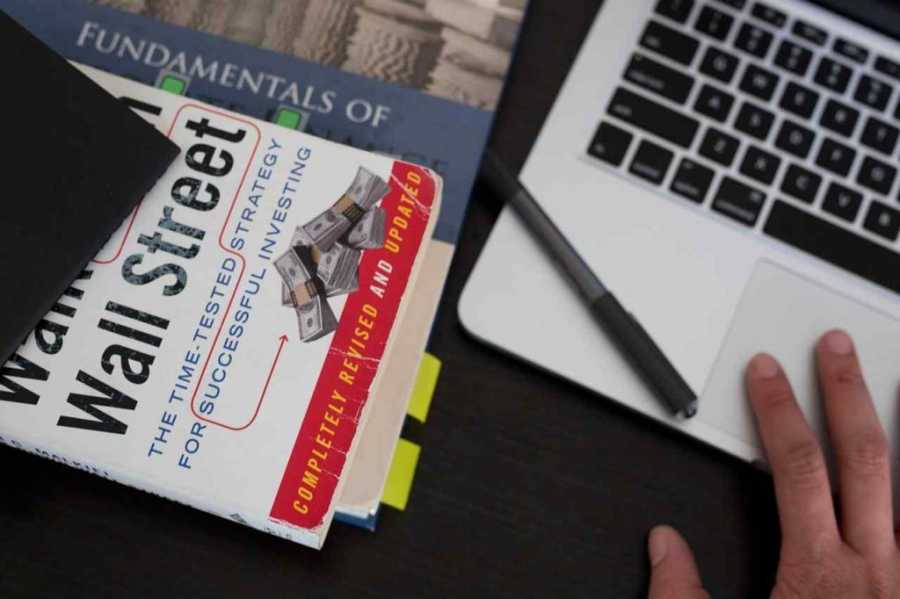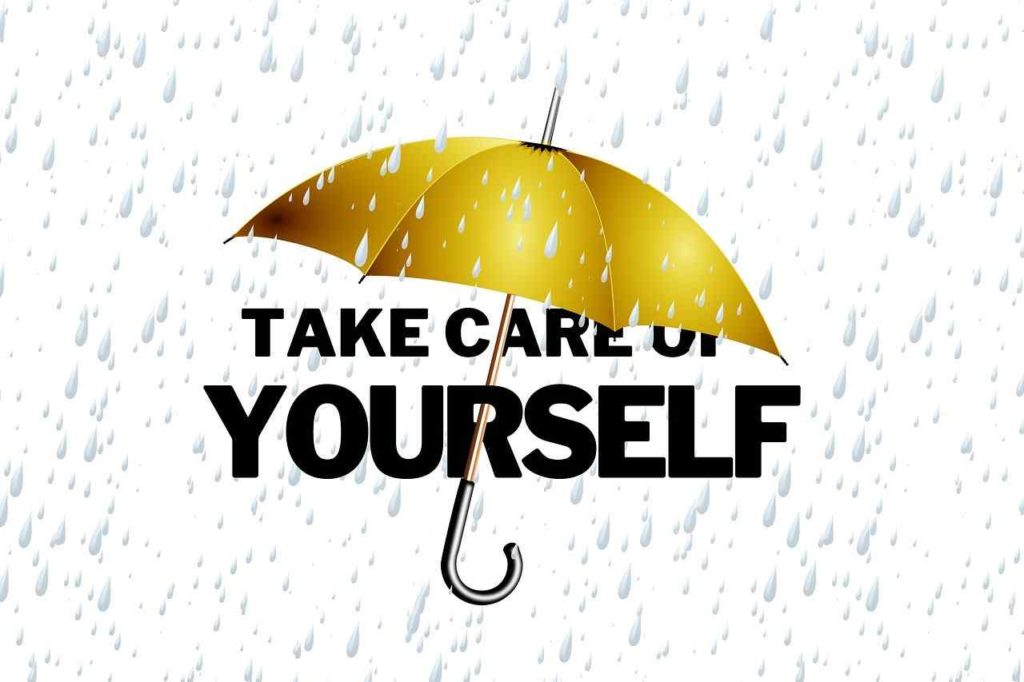WealthDrift brings you the top 20 tips for improving your finances. Each one of these 20 financial tips can be a great way to improve your finances, financial literacy, and the relationship you have with your money.

Let us start with 20 tips to improve personal finance one by one –
1. Live below your means and get paid what you are really worth
Try to live below your means and spend less than you earn. Lower your monthly bills by spending only on things we really need rather than we want. Also, evaluate your skills and productivity and accordingly get paid what you really worth.
2. Create a budget and stick with it
Create a weekly/ monthly/yearly budget of your incomes & expenses and limit yourself within the same. This will show you where your hard-earned money is going. Also, you must refer to the budget you have made consistently, otherwise, it will be useless and won’t benefit you in any way to improve finances.
3. Establish a saving plan and contribute to it regularly

Start paying yourself first at least 10% of your earnings and establish a saving plan as soon as possible. Better if you set an automatic deduction from your paycheck and get that money automatically deposited into your separate saving account. `
4. Start Investing & most importantly understand your investments
Investing can multiply your money in many folds. Start investing your money in good company stocks, real estate, or other investment options present in the market. But be aware of risks involved in a particular investment and never get involved in investments you don’t understand. Always consider taking the advice of an expert financial adviser.
5. Review your insurance and always comparison shop when consider buying it
It is essential to have insurance to protect you and your family from unwanted events. Insurance can provide you immense relief in case of any death, disability, or illness. However, when considering buying never get talked into paying too much for life or disability insurance etc. In the market, you would find various good options for insurances by comparison shop.
6. Start keeping good records of finances and track your spending

Start recording your finances and set up a system to track them. This will not only help you to track your unwanted overspending but also help you get to claim more allowable income tax deductions and credits during ITR filing.
7. Make use of your employment benefit to its extent
An employment company usually provides various types of benefits to its employees such as medical insurance, contribution to your EPF account, paid family leaves, free food in the office, etc. Therefore, do not hold yourself back to avail all these benefits as it can reduce your monthly expenses and improve your finances as well.
8. Always pay for the best prices and look out for cheaper alternatives
Whenever you buy something, always go comparison shopping. In monopoly market customers end paying up more than the real value of the product. Therefore, always try to evaluate different options for your buying. Also look for discounts, coupons, or big sales whenever you can as it will reduce your monthly expenses and improve your finances as well.
9. Read books on personal finances and try learning one new thing daily

Idea is to start with a book instilled with financial wisdom written by financial experts if you are new to new personal finance. Learn something new about your finances daily that you don’t understand. The more you know, the better you become managing your finances well and making good financial decisions.
You can refer to our article on the top 20 books on personal finances to improve your financial knowledge. Click here to read
You can also refer to our articles on books related to building wealth. Click here to read
10. Plug your Biggest Money Drain
It could be your bad habit or other unknown unnecessary expenses that are costing you a huge amount. So, take your financial records and evaluate for the biggest money drain. The next step is to plug the drain. You would surprisingly find yourself improving on finances faster by doing this.
11. Understand where your money goes and coming from
Without knowing your money inflow and outflow, you would never be able to control the money. Therefore, learn where your money is coming from by tracking your sources of income and where it is going by following your expenses.
12. Protect yourself from emergencies

Emergencies enter your home without knocking on the door. It is your prime job to protect yourself and your family and for that, you might require a huge amount of money. Therefore, you should start putting some money aside for emergency funds that can save you from financial emergencies e.g. sudden termination from the job, unexpected medical expenses, any other essential appliances sudden break-down, etc.
13. Work for reduction of debts
Debt is the biggest enemy of your path to success. Just pay off all of your debts as early as possible. You can choose a debt reduction strategy to clear your personal loan, home loan, car loan, and very high interest (35% to 40%) credit card debts. There are two common strategies viz. the debt avalanche method and the snowball method to pay off your debts.
14. Inculcate good money habits
Only by inculcating good money habits, you can think of a good financial future. Let’s say if you stop eating outside at a fancy restaurant, it will not only help you save money but also better your personal health. Always try to maintain a good credit score (750 or higher) because a good credit score can help you to get the best deals, in case you plan to buy a new home or any other big purchase.
You can also read our article on Top 50 Habits of World’s Billionaires to know more about successful habits. Click here to read
15. Create a Financial Plan to guarantee success

Plan out to improve your financial well-being and set SMART financial goals i.e. Specific, Measurable, Achievable, Realistic, and Time-bound. Set up a savings plan for yourself and your family and make savings consistently. Plan for upcoming big events or big purchases and quantify how much this event cost you and then work for it.
16. Recognize and Manage Lifestyle Inflation
Most people as they advance in their careers, start to earn high incomes, because of which they tend to spend more money on their lifestyle. This phenomenon is known as “Lifestyle Inflation”. Therefore, try to maintain the same lifestyle even if you get a raise in a pay-check or get good profits in business and never keep up with Joneses. It will increase your ability to build wealth in the long run.
17. Follow in 72-Hour Rule
This rule is a game-changer for those who want to focus on value-spending and savings. This rule advises you to take 72 hours break to think about purchase thoroughly before you make that impulse purchase. Over time this rule will help you form habits of focusing on things that bring you value in your life.
18. Stay healthy and improve your quality of life

Staying healthy should be your priority even before earning money. It will improve your quality of life and substantially decrease costly medical expenses. It will also help you to get rid of bad lifestyle habits such as excessive drinking, smoking, and poor diets which end up being very costly.
19. Avoid watching TV and cut out your cable
Almost all successful people do not waste their precious time by watching TV. As most of the time, you find useless stuff on TV. Instead, utilize that read a book or watch something useful online. It will not only reduce your monthly expenses (not significant though), but it will also help you to train your brain for success.
20. Create or find additional sources of Income
Financial issues can pop up even if you are on a budget and not overspending your money on useless stuff. The reason could be your insufficient income which is creating difficulty in making your ends meet. You can start looking for higher-paying jobs or opportunities that generate income side by side. You must also create a passive income source by investing in Real estate or Stock Market to get returns later in the long run.

The above tips on personal finances could act as excellent tools for achieving financial success. However, these tips will only work when you put them into practice and inculcate them into your daily habit.
If you liked our article on 20 tips to improve finances, then please do share it among your family, friends, and colleagues. You can also drop your thoughts in the comment box below –





